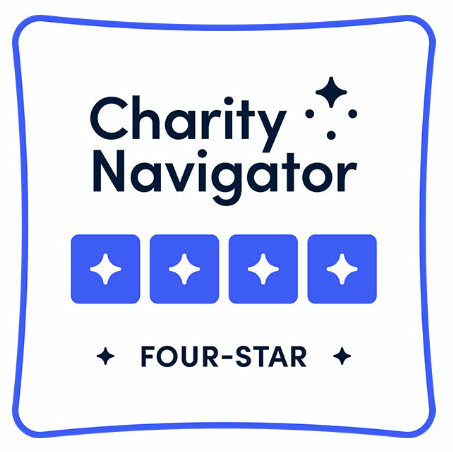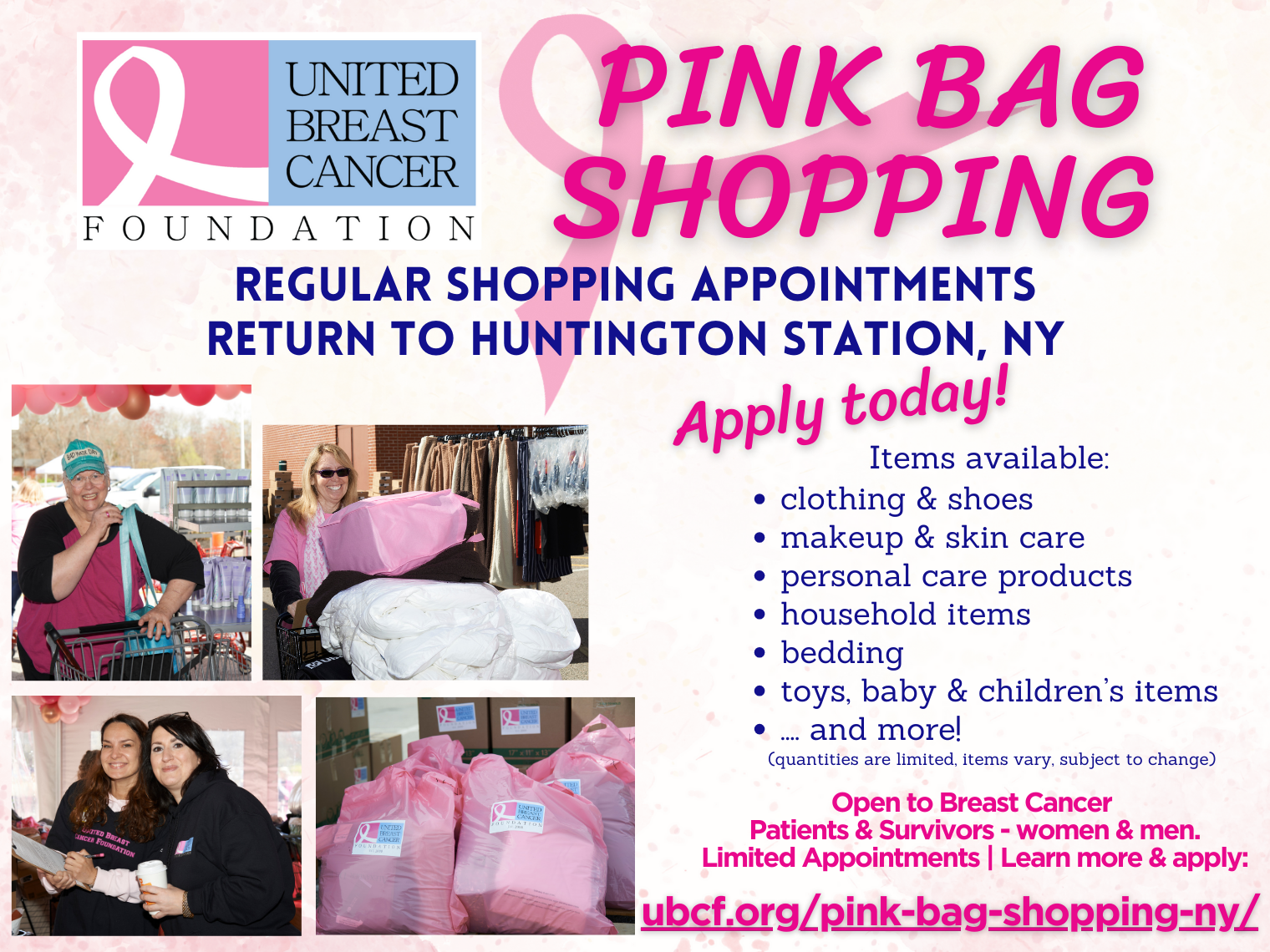3 Part Series
Facing a breast cancer diagnosis can be overwhelming – stress is very common among breast cancer patients. Stressors related to the disease may include the uncertainty of one’s future, the unpredictability of disease, disability, and financial difficulties. Therefore, it is important for breast cancer patients to learn how to deal with the stress related to the disease. Part 1 focuses on basic information about stress. Stay tuned to parts 2 and 3 to learn the warning signs of stress and stress management.
When you feel stressful:
It’s okay to feel stressed – don’t blame yourself. Diseases like breast cancer are common causes of stress. Stress is a normal physical response to events that make you feel threatened or upset. The stress response is the body’s way of protecting you.
When working properly, stress helps you stay focused, energetic, and alert. For example, when you are managing breast cancer and you feel a pain, you may think that the pain could be a symptom of your disease. You may talk about your concern with your doctor and together, you can discover if this is truly a symptom of your disease. If it is a symptom, you will be able to get the suitable treatment for it.
Not only do we react to stress – affecting our own well-being, but we also impact the people around us who are helping us dealing with the stress. In most cases, family members or friends will notice that the patient feels stressful about the disease by the patient’s behaviors. For example, the patient may stop eating, be angry at the people around them for no reason or have emotional out-bursts. Commonly, friends and family take care of the patient, help her manage her diet and keep her from doing dangerous things. Further, friends and family can offer comfort and distraction, easing stress.
When stress goes beyond the point of being helpful and starts causing major damage to your health, mood, productivity, relationships, and quality of life, it is time to take measures to reduce stress. We will discuss how people can find their own point of stress overload in the ‘warning signs’ section in Part 2. It is important to know your personal stress threshold – that point when stress has become limiting verses motivating and to know your personal warnings signs for stress overload.
Sources
Jemmott, J. B., et al. (1983). Academic stress, power motivation, and decrease in secretion rate of salivary secretory immunoglobin A. Lancet, 1, 1400–1402.
Jeffrey S, Nevid & Spencer A. Rathus (2013). Psychology and the Challenges of Life: Adjustment and Growth (12th edition). 111-113
Melinda Smith, Robert Segal, and Jeanne Segal. Stress Symptoms, Signs, and Causes. The Effects of Stress Overload and What You Can Do About It, Helpguide,org, 2014, Web. 11 February 2015.
Part 2:http://ubcf.info/stress-management-breast-cancer-part-2/
Part 3: http://ubcf.info/stress-management-breast-cancer-part-3/








